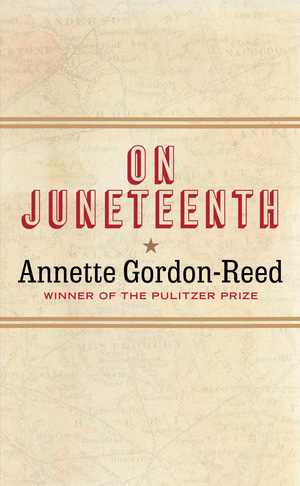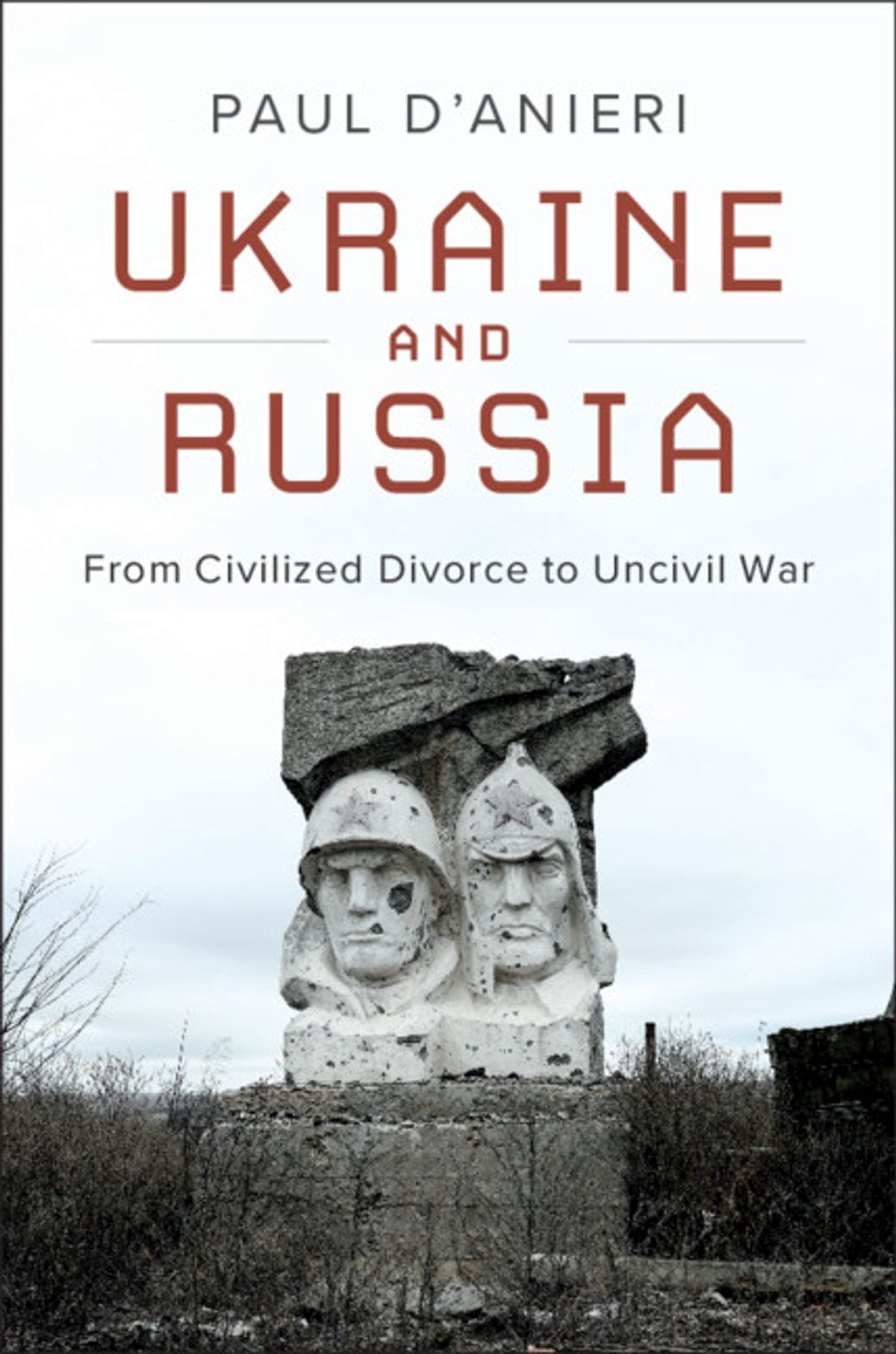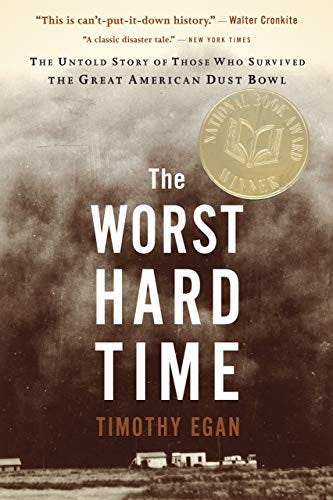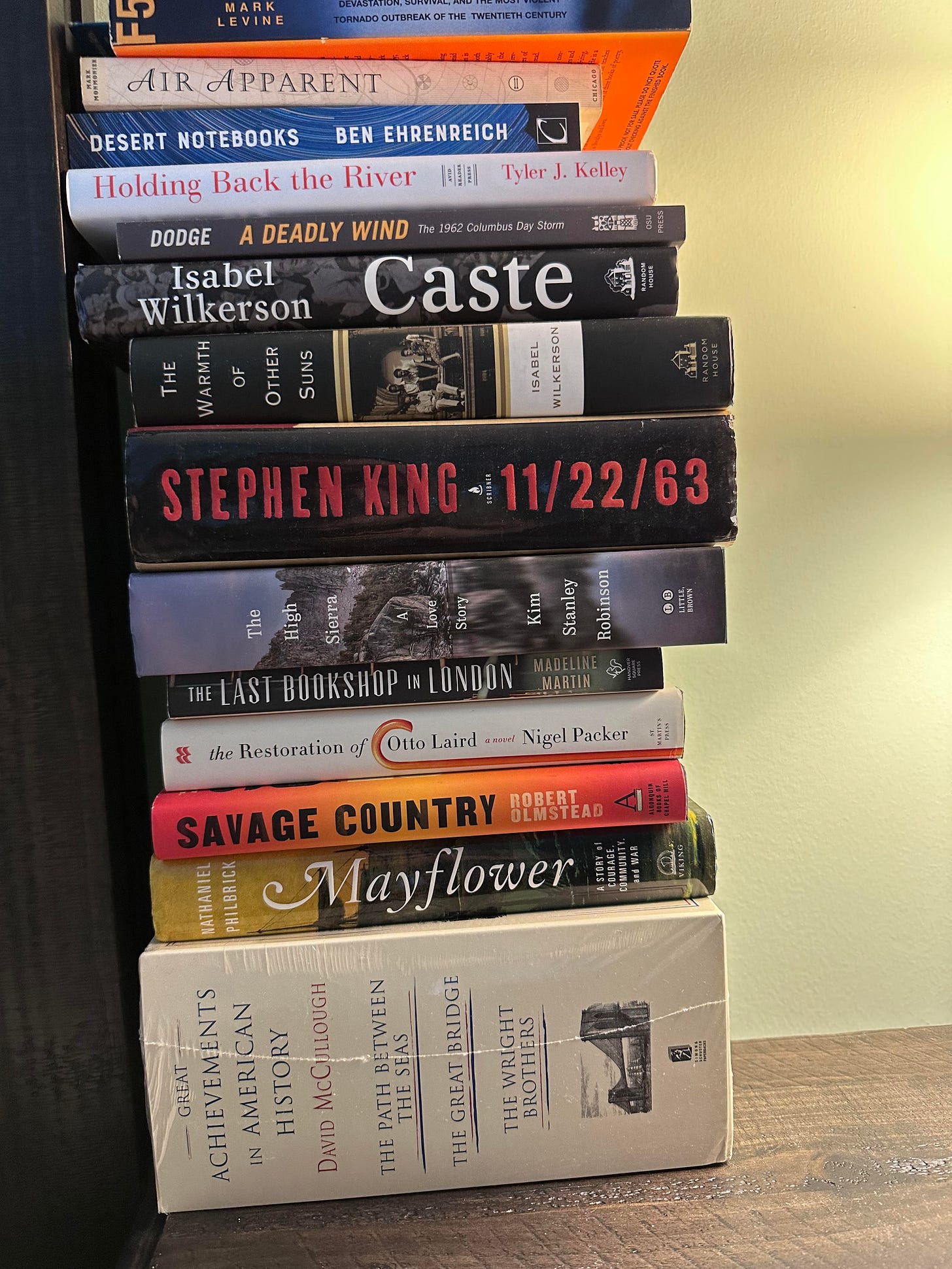In 2021, I read 13 books, so I set a goal this year to read one more. I will fall short of that goal by one. I like goals, but I hate them. They’re arbitrary. Reading 13 books in a year versus 14 books means absolutely nothing. Did I learn less or exercise my mind less this year because I “only” read 13 books? No. I just had less time to work with. In fact, 2022 was a very useful reading year, and it was one for me that featured a number of diversions.
Of the books I read this year, a total of five were on my TBR list. The other eight came via gift or necessary diversion. In fact, of my top five books of 2022, only two were on my list. So let’s dig in.
I put all the books referenced below on a bookshop.org affiliate page, which may provide a commission if you purchase from there (but I encourage you to buy from your favorite local independent bookstore).
I began 2022 continuing my reading goal from 2021, which was to understand more about 9/11 and the subsequent war in Afghanistan. I had a bunch of books to read, and while several were good, only one made my top five this year, and that was…
5.) “The Looming Tower,” by Lawrence Wright.
I enjoyed this book thoroughly, as it goes in depth not just into the events that led up to 9/11, but it serves as a biography of several notable people involved in the events. I appreciate single volumes that can cover multiple facets of an event without making you feel as though you’re sacrificing knowledge for brevity. Wright did this successfully in my view, and it provides a definitive introduction 9/11 and basically how we got here. His writing style is authoritative but not so dense as to lose you.
Sidebar: Other books I’d recommend regarding 9/11 and specifically the war in Afghanistan?
Garrett Graff’s “Only Plane in the Sky,” which was just an outstanding, masterful summation of events on September 11, 2001. It’s an oral history, so it’s a brisk read.
Peter Bergen’s “The Rise and Fall of Osama bin Laden” was a very informative read, although in some aspects I felt that Wright’s “Looming Tower” did just as good a job. Bergen knows his subject though, so I feel it needs to be included.
I also read Carter Malkasian’s “The American War in Afghanistan” and Craig Whitlock’s “The Afghanistan Papers” in 2022, both of which were interesting but extremely different.
Malkasian’s work is authoritative and covers specific events and elements of the war that only someone like he could (Malkasian was a military adviser and a State Department representative in Afghanistan). He does add his own color on what went wrong, which I thought was extremely illuminating. However, in the interest of transparency, it’s a dense book and not often easy to read. Still, I recommend it for a fuller understanding.
I read “The Afghanistan Papers” after Malkasian’s book, which I am glad I did. Craig Whitlock and The Washington Post’s work reads much more fluidly than Malkasian’s work. I felt it provides enough understanding of the war and its struggles, whereas “The American War…” is more of an authoritative history. I will say that I didn’t really think the Papers that the Post received allowed for any real startling conclusions than Malkasian came up with, but it does read easier. Had I read Whitlock’s book first, however, I think I would have struggled a lot with Malkasian’s work.
You can’t go wrong with either, but it depends on what style or history you’re looking for.
Other books I have on my TBR list for whenever I decide to return to the subject of 2000s history and 9/11?
Ali Soufan's "The Black Banners"
Nelly Lahoud's "The Bin Laden Papers"
Mitchell Zuckoff's "Fall and Rise"
And several other books on Bush, Obama, Trump, Biden, and other players involved in Afghanistan, as well as Iraq.
Alright, that was a lot! Moving on to the fourth place book for me of 2022…
4.) “In Too Deep,” by Rachel Kimbro
Rachel’s book published in late 2021, and she was kind enough to provide me a copy. Given my interest in Houston weather and societal impacts of weather in general, Kimbro’s book was perfect for me. One of the biggest questions after Hurricane Harvey ravaged Houston as the third major flooding event in three years, was “Why?” Why did people rebuild? What are these people thinking? And the answer is that it’s complicated. Kimbro links firsthand accounts of decision-making and what victims witnessed with the science behind these decisions. The reasons make a lot more sense after reading this book. For more details, I wrote a more thorough post over at Space City Weather last spring.
“In Too Deep” was the first Harvey-related book that I’ve read. There are some others. One I am going to make a concerted effort to get to in 2023 is “More City than Water: A Houston Flood Atlas,” by Lacy Johnson. As I understand it, this will tackle more of a broader, bigger picture view of things through multiple essays by various contributors. It will probably be included in my next book haul. There are a handful of other books on Harvey and impacts that I hope to eventually get to.
“Soaking the Middle Class,” by Anna Rhodes and Max Besbris
”Hurricane Harvey's Aftermath: Place, Race, and Inequality in Disaster Recovery,” by Kevin Fitzpatrick and Matthew Spialek
I have not seen many others, but please feel free to offer up recommendations in the comments!
Shifting gears to my third place favorite…
3.) “On Juneteenth,” by Annette Gordon-Reed
This was an easy top-5 book from this year. It’s not terribly long. Gordon-Reed’s writing style is fantastic. And it leaves a strong impression on you. In the wake of the George Floyd murder and subsequent protests, a lot of people have decided to try and better understand the past in order to be better citizens of the present and future. And to be allies for communities that have been marginalized. And to accept things like unconscious biases and privilege. Frankly, everyone should read this book. No, it will not serve as some magic cure-all for what still ails society today. But particularly if you’re trying to be a better person and want a fraction of understanding about what the Black community has endured and still endures, this is a reasonable place to start.
I intend to further my education on this topic in 2023. Isabel Wilkerson’s “Caste” and “The Warmth of Other Suns” are on my nightstand, and I am looking forward to reading those. As a sidebar, for those of you looking for a great Black-owned bookstore, here in Houston we have Kindred Stories. I really like their mailing list, and I periodically look on their website at new releases, as it exposes me to a lot of work I probably never would come across otherwise. Consider supporting them if you want to read more on these topics.
That brings us to the top two. My two top books in 2022 are extremely different. Sitting at number two?
2.) “Ukraine and Russia: From Civilized Divorce to Uncivil War,” by Paul D’Anieri
After the events of early 2022, I decided it would be a good time to learn a bit about Ukraine and Russia’s relationship. I started with Serhii Plokhy’s “The Gates of Europe,” which is a fascinating, albeit somewhat sluggish history of Ukraine from inception. That was followed by D’Anieri’s “Ukraine and Russia.” This focuses on events from the collapse of the Soviet Union to the invasion of Crimea. I found this title to be really useful in understanding how Ukraine has evolved in the last 30 to 40 years, its struggles, and why Putin is doing what he’s doing.
It’s a pretty complicated scenario, though perhaps less so now than it was initially. For a complete history of Ukraine going back into ancient times, Plokhy’s book is good. I would also argue it sort of also contextualizes the imperial mentality of the war. But if you just want to understand how the relationship evolved and deteriorated since the fall of the Berlin Wall, then I strongly recommend reading D’Anieri’s book.
Last but not least, we come back to America and weather (sort of) for the last book…
1.) “The Worst Hard Time,” by Timothy Egan
You don’t need me to tell you that this book is worthy reading. It’s won numerous accolades, it’s exceptionally written, and it’s easily digestible. It’s just an all around fantastic book. What I like about it is that it tells the story through the people who lived it, while providing enough historical context around why things happened as they did to give you this incredibly robust picture of what occurred.
As a meteorologist, I knew the Dust Bowl was not just a weather-driven problem. But the extent by which it was more of a societal problem, was less known to me. It’s amazing how so many grifters made so much money on selling the Southern Plains as hospitable. It’s even more amazing that the government encouraged this to happen. It also serves as an example of what happens when warning signs are ignored. It will forever occupy the main shelf of my books on weather and disasters.
The plan for 2023
Next year’s reading plan is already laid out for me by looking at my nightstand.
I am currently reading “F5,” by Mark Levine, which recounts the 1974 Super Outbreak of tornadoes. I’m about a quarter of the way through, and it’s a really good read thus far. From there, we’ll get to “Air Apparent,” by Mark Monmonier, which tells of the history of the weather map. “Desert Notebooks,” by Ben Ehrenreich and “Holding Back the River,” by Tyler Kelley were a couple books I picked up on a B&N trip back in June. “A Deadly Wind,” by John Dodge is about a massive Pacific Northwest storm in 1962. This was inspired by a trip to Oregon this past summer. I mentioned the two Isabel Wilkerson books above. Stephen King’s “11/22/63” will follow (shout out to @mgbesq for this one). Kim Stanley Robinson’s “The High Sierra: A Love Story” comes next, inspired by a few trips I’ve taken to various parts of the Sierra, which are incredibly easy to fall in love with. I snagged three fiction titles from my parents’ house this past August, which I’ll read after that. Then, it’s Nathaniel Philbrick’s “Mayflower” and a trio of books by the late David McCullough.
Again, it’s funny, as about half of these were on my TBR list originally. The rest just managed to find their way here. Considering all the other stuff I want to eventually get to, it would behoove me to get to work! That said, I am always happy to hear your insights or recommendations, even if I can’t get to them right away.
What are your personal reading goals in 2023? Any books you’re particularly excited to get to? Let me know in the comments!










I read The Looming Tower several years ago. Wright's writing is compelling without being showy and he doesn't overwhelm you with all of the information that he lays out. It helped me me a lot in figuring out how things ended up like they did. His book on Scientology is also very good.